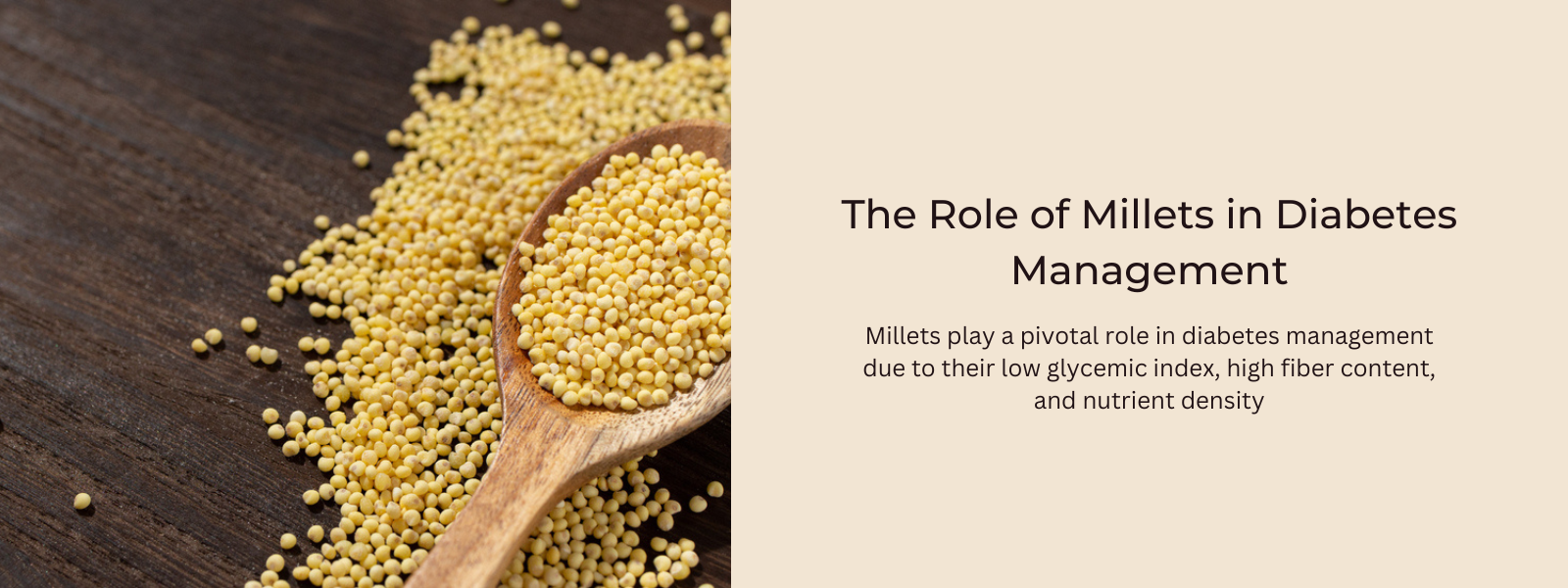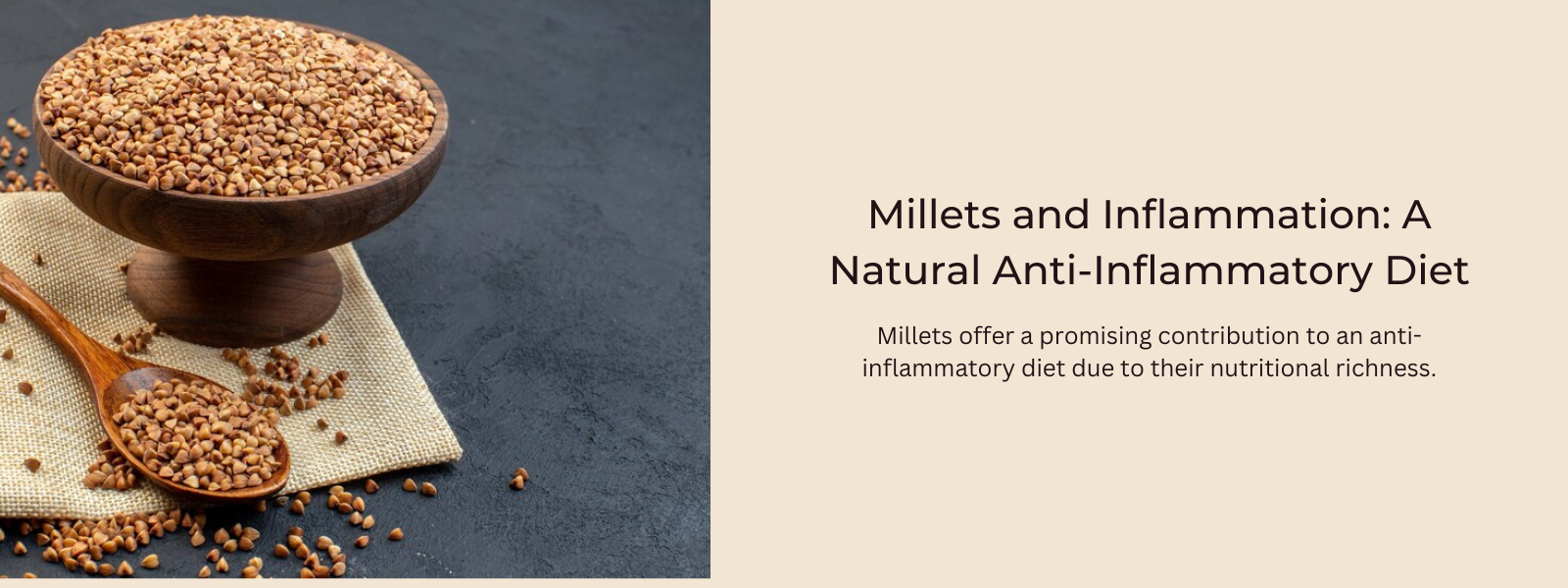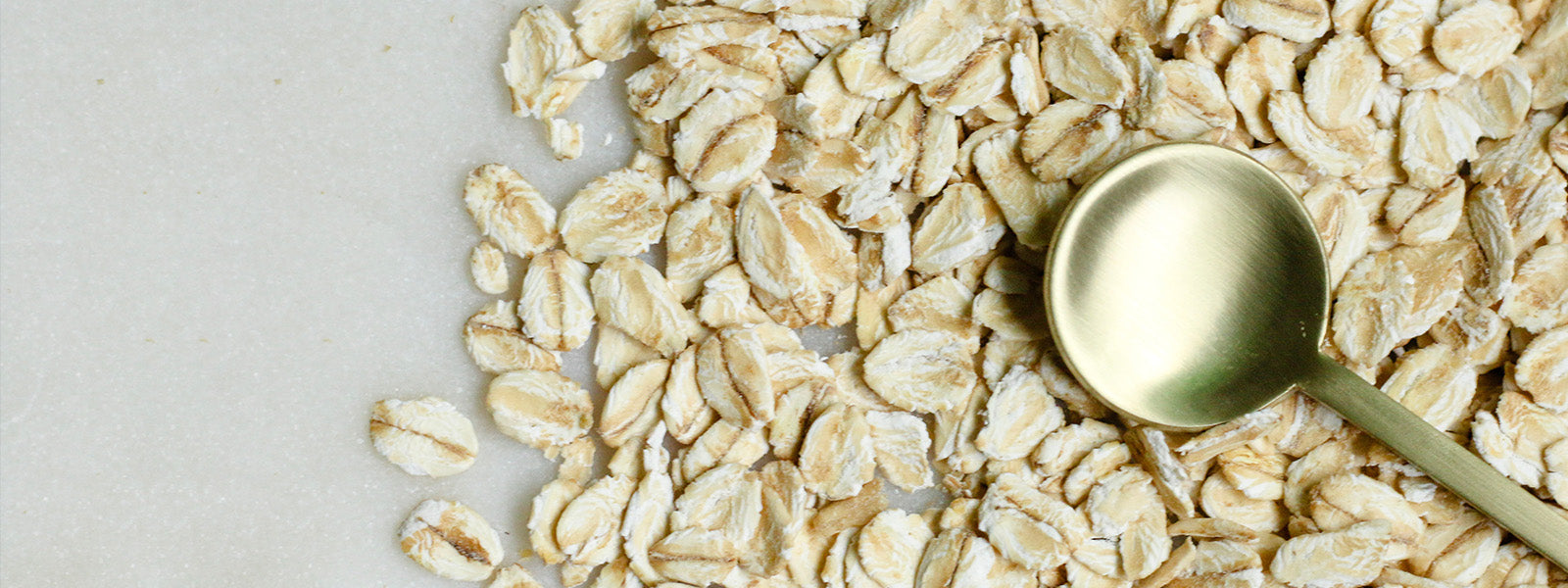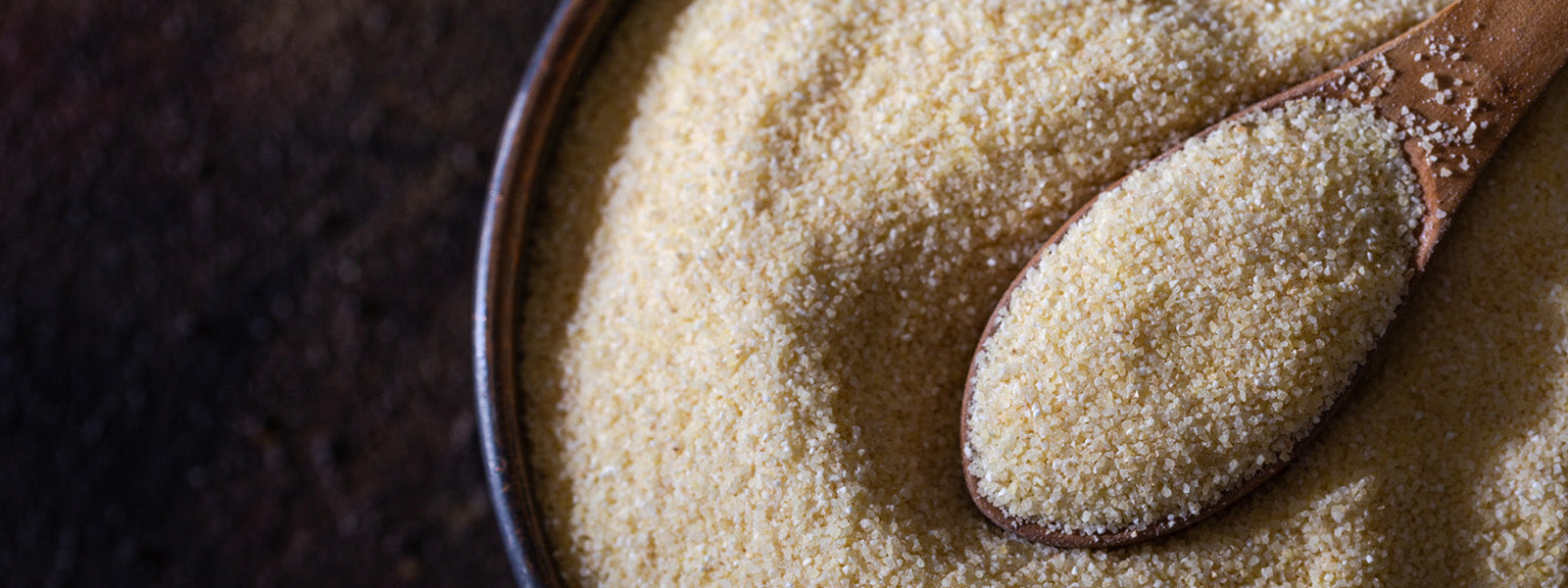Millets are widely acknowledged as a nutritional powerhouse owing to their impressive nutrient profile. These ancient grains encompass various types such as sorghum, finger millet (ragi), pearl millet (bajra), and others, offering an array of essential nutrients. They are rich in proteins, providing a source of plant-based proteins vital for tissue repair and growth. Millets also contain carbohydrates that supply energy, while their high fiber content supports digestion and gut health, aiding in weight management. Packed with vitamins like niacin, thiamine, riboflavin, and minerals such as magnesium, phosphorus, iron, and zinc, millets contribute to overall health, supporting various bodily functions. Additionally, their antioxidant content helps combat oxidative stress, potentially reducing the risk of chronic diseases. Renowned for their gluten-free nature, millets serve as an excellent alternative for those with gluten sensitivities.
Table of Contents
Millets Are A Great Source Of Various Nutrients:
Millets are highly nutritious and offer various essential nutrients. These grains are rich in:
- Proteins: Millets are a good source of plant-based proteins, containing varying amounts depending on the type of millet. They provide essential amino acids necessary for building and repairing body tissues.
- Carbohydrates: Millets are primarily composed of carbohydrates, supplying the body with energy. They also have a lower glycemic index compared to refined grains, contributing to more stable blood sugar levels.
- Dietary Fiber: Millets are a notable source of dietary fiber, aiding digestion, promoting a healthy gut, and potentially assisting in weight management by providing a feeling of fullness.
- Vitamins: Millets contain B vitamins such as niacin, thiamine, riboflavin, and vitamin B6. These vitamins play vital roles in energy metabolism, nervous system function, and overall health.
- Minerals: They are rich in minerals like magnesium, phosphorus, iron, calcium, and zinc, which are crucial for bone health, immune function, and various physiological processes in the body.
- Antioxidants: Millets contain antioxidants like polyphenols and flavonoids, which help combat oxidative stress and reduce the risk of chronic diseases.
Does Millet Help In Any Nutritional Deficiencies?
Millets can contribute to addressing certain nutritional deficiencies due to their nutrient-dense composition. Here's how millets may help in addressing specific deficiencies:
- Iron Deficiency Anemia: Some millets, like pearl millet (bajra), contain notable amounts of iron. Iron is crucial for red blood cell production, and incorporating iron-rich foods like millets into the diet can help in managing iron deficiency anemia.
- Vitamin Deficiencies: Millets contain various vitamins, including B vitamins like niacin, thiamine, riboflavin, and vitamin B6. Consuming millets as part of a balanced diet can contribute to meeting daily vitamin requirements.
- Mineral Deficiencies: Millets are rich in minerals such as magnesium, phosphorus, calcium, zinc, and others, which are vital for various bodily functions. Including millets in the diet can support meeting mineral needs and potentially help in addressing certain mineral deficiencies.
Who Should Eat Millets?
Millets can be beneficial for various groups of people due to their nutritional richness and health benefits. Specific groups that may particularly benefit from incorporating millets into their diets include:
- Individuals with Gluten Sensitivity or Celiac Disease: Millets are naturally gluten-free, making them an excellent alternative to gluten-containing grains like wheat, barley, and rye. Those with gluten sensitivities or celiac disease can safely consume millets as part of a gluten-free diet.
- People with Diabetes or Blood Sugar Concerns: Certain types of millets have a lower glycemic index compared to refined grains. Foods with a lower glycemic index release glucose more slowly into the bloodstream, potentially aiding in managing blood sugar levels. This can be beneficial for individuals with diabetes or those aiming to regulate their blood sugar.
- Vegetarians and Vegans: Millets are a good source of plant-based proteins and can serve as an essential protein source for individuals following vegetarian or vegan diets.
- Individuals Seeking Weight Management: Millets are rich in dietary fiber, which can promote a feeling of fullness and aid in weight management by reducing overeating.
- Those with Iron Deficiency Anemia: Some millets, like pearl millet (bajra), contain notable amounts of iron. Incorporating millets into the diet can be beneficial for individuals with iron deficiency anemia.
- People Looking for Nutrient-Dense Foods: Millets are packed with essential nutrients, including vitamins, minerals, antioxidants, and dietary fiber, making them a nutritious addition to anyone's diet.
Health Benefits Of Millets:
Millet flours, derived from different types of millets like sorghum, finger millet (ragi), pearl millet (bajra), etc., offer a range of nutritional benefits:
- Gluten-Free Alternative: Millet flours serve as an excellent gluten-free substitute for traditional wheat flour, making them suitable for individuals with celiac disease or gluten sensitivities.
- Rich in Nutrients: Millet flours contain essential nutrients like vitamins (especially B vitamins like niacin, thiamine, and riboflavin), minerals (such as magnesium, phosphorus, and iron), antioxidants, and dietary fiber. These nutrients contribute to overall health, supporting energy production, proper nerve function, and maintaining healthy blood cells.
- Dietary Fiber: Millet flours are a good source of dietary fiber, aiding digestion, promoting a healthy gut microbiome, and assisting in maintaining a feeling of fullness, potentially supporting weight management.
- Lower Glycemic Index: Some millet flours have a lower glycemic index compared to refined flours. Foods with a lower glycemic index release glucose more gradually into the bloodstream, helping manage blood sugar levels, potentially beneficial for individuals with diabetes or those aiming for more stable energy levels.
- Versatility in Culinary Uses: Millet flours can be used in various culinary applications, including baking, cooking, and as a thickening agent in soups or sauces. They add a nutty flavor and unique texture to dishes, contributing to their versatility in different recipes.










Leave a comment